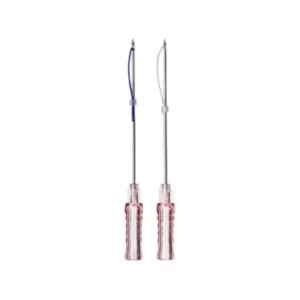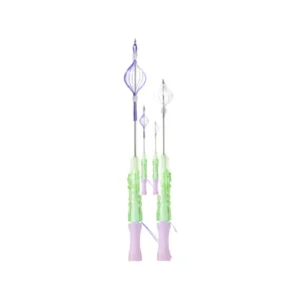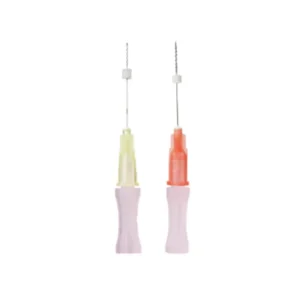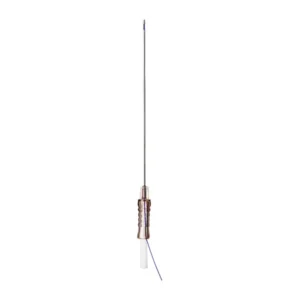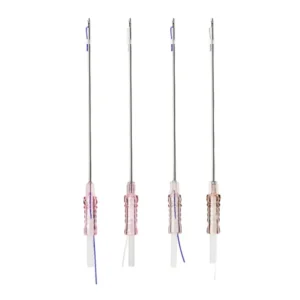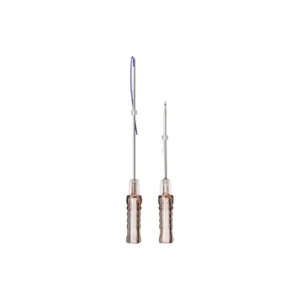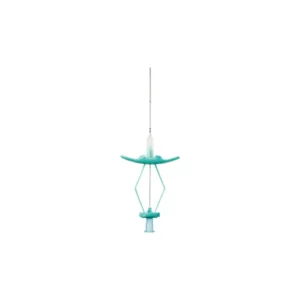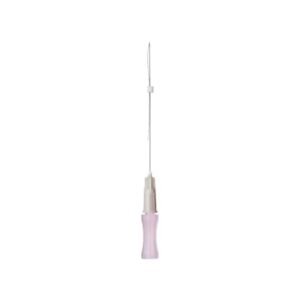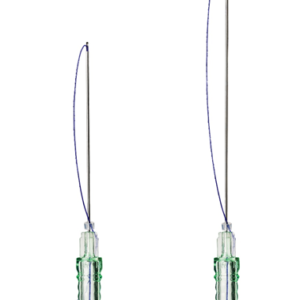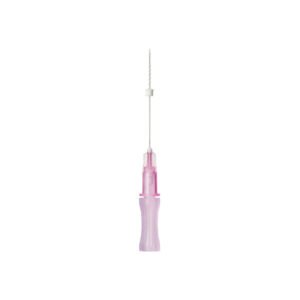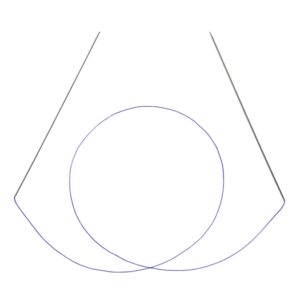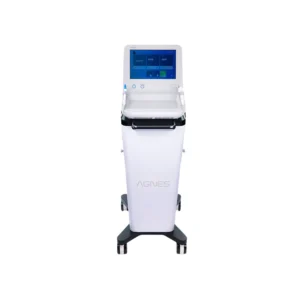Innovations in Beauty Surgery: 2024 Trends
The pursuit of aesthetic enhancement has been part of human culture for centuries, but recent advancements in technology are reshaping how we think about beauty surgery. As we move further into 2024, innovative tools, techniques, and methodologies are revolutionizing this field, offering safer and more effective alternatives to traditional surgical methods. In this blog post, we dive deep into these groundbreaking technologies that are changing the landscape of beauty surgery, giving patients more options and improved outcomes.
The Rise of Minimally Invasive Procedures
One of the most significant trends in beauty surgery is the rise of minimally invasive procedures. Traditional surgeries often require extensive recovery time and carry inherent risks. However, emerging techniques such as injectable fillers, Botox, and thread lifts are gaining popularity due to their reduced downtime and non-disruptive nature.
In 2024, these minimally invasive procedures are enhanced by new technologies, including the use of ultrasound and radiofrequency. For example, ultrasound-assisted liposuction allows for precise fat removal without damaging surrounding tissues, resulting in a quicker recovery. Similarly, radiofrequency treatments can tighten skin and reduce fat through heat, all while minimizing discomfort.
Innovative Imaging Technology
The use of advanced imaging technology is another breakthrough that is changing beauty surgery. Innovative 3D imaging systems can create highly detailed maps of a patient’s anatomy before any procedure. These images enable surgeons to plan surgeries with shockingly high accuracy, resulting in outcomes that closely match patient expectations.
Additionally, virtual reality (VR) is also becoming integral to the consultation process. In 2024, patients can step into virtual environments where they can visualize the results of different procedures before making any commitments. This immersive experience not only empowers patients but also enhances the overall decision-making process, leading to greater satisfaction with the end results.
Artificial Intelligence and Predictive Analytics
Artificial Intelligence (AI) is transforming multiple industries, and beauty surgery is no exception. In 2024, AI software systems are becoming sophisticated tools for surgeons, offering predictive analytics that aid in personalized treatment planning. By analyzing a myriad of factors—everything from facial structure to skin type—these AI systems can suggest tailored treatment plans that maximize results and minimize risks.
Moreover, AI algorithms are being employed to predict patient outcomes based on historical data. This predictive capability allows surgeons to provide their patients with realistic expectations regarding their results and potential complications, thereby improving patient education and enhancing trust in the surgical process.
Regenerative Medicine: A New Frontier
Regenerative medicine is making waves in the world of cosmetic surgery by harnessing the body’s own healing mechanisms. Techniques like Platelet-Rich Plasma (PRP) therapy and stem cell therapy are gaining traction as effective methods for enhancing surgical results and speeding up recovery times.
PRP therapy, which involves extracting a patient’s blood, processing it to concentrate the platelets, and then injecting it into the treatment area, promotes accelerated healing. Clinicians in 2024 are increasingly using PRP not just as a standalone treatment but as an adjunct to surgeries like facelifts or body contouring to improve skin quality and enhance surgical outcomes.
Smart Technology for Enhanced Patient Care
As we move further into a technology-driven world, innovations in patient monitoring and care are gaining momentum. Smart devices, such as wearable technology, are becoming common tools in the realm of beauty surgery. These devices can monitor patients’ vital signs, detect irregularities, and provide real-time feedback both to the patient and the surgical team.
In 2024, we can expect more integration of these technologies into post-operative care. For instance, apps that guide patients through rehabilitation exercises or monitor symptoms post-surgery can help ensure better recovery. By leveraging technology, patients can stay connected with their healthcare providers, allowing for timely interventions should complications arise.
Non-Surgical Body Contouring Techniques
The demand for body contouring options that do not require surgery has led to the development of advanced technologies such as CoolSculpting and SculpSure. These techniques use non-invasive methods to eliminate stubborn fat deposits, allowing patients to achieve their desired contours without the risks associated with traditional liposuction.
In 2024, innovations in these technologies are expected to improve their efficiency and effectiveness. For example, new cooling technologies in non-surgical body contouring are designed to reduce treatment times and enhance results, making these options even more appealing to busy individuals seeking body enhancement without invasive procedures.
The Future of Beauty Surgery: Personalized Aesthetic Experiences
The overarching theme driving these innovations is a shift towards personalized and patient-centered care. In 2024, we are witnessing a paradigm where aesthetic procedures are tailored to meet individual needs and preferences. Surgeons are focusing on understanding each patient’s unique anatomical features and desired outcomes, thus providing a more holistic and customized approach to beauty surgery.
Conclusion
The world of beauty surgery is undergoing a remarkable transformation thanks to groundbreaking technologies that are enhancing the way procedures are performed and experienced. From minimally invasive techniques and advanced imaging tools to AI-driven predictive analytics and regenerative medicine, these innovations are redefining patient care and outcomes. As we look ahead to the future, it is clear that the beauty surgery landscape is not just about achieving aesthetic goals but also about creating a more informed, empowered, and satisfying experience for patients. Whether you are contemplating a procedure or simply curious about the latest advancements, understanding these technologies will help you navigate the evolving world of beauty surgery with confidence and clarity.





